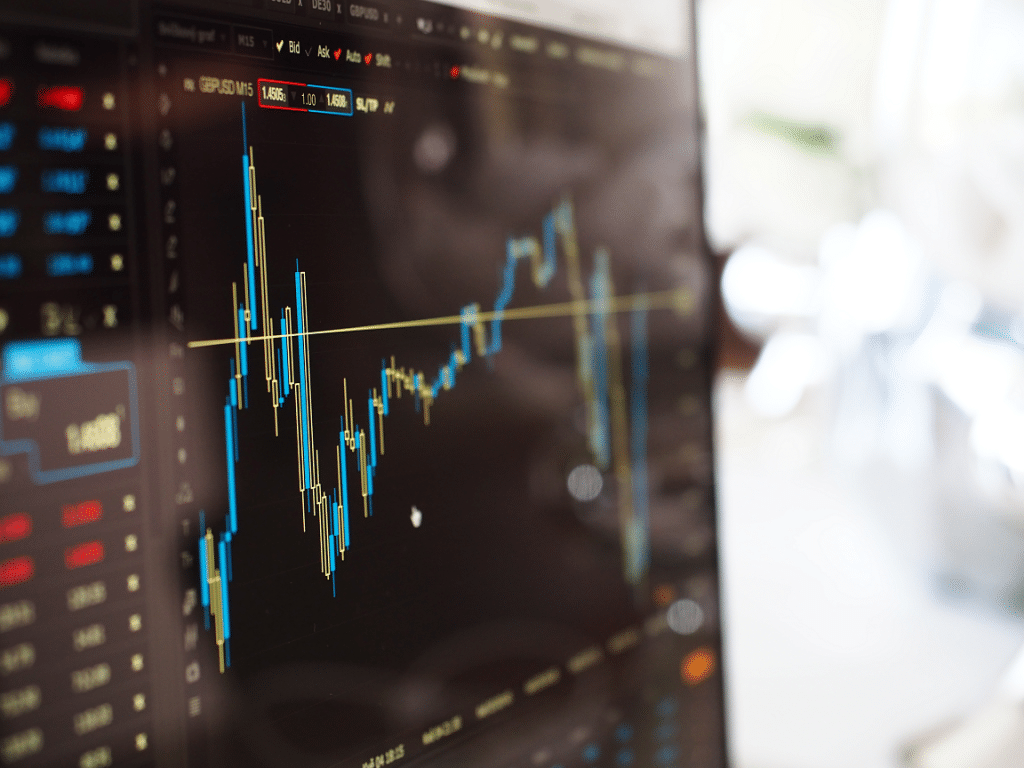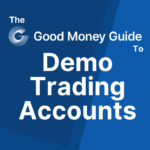Forex is the short name for ‘foreign exchange’. It is a market about trading money. It is about measuring one money against another every other foreign currency. Forex trading is one of the largest financial markets in the world. Companies move capital across borders all the time, as do travellers, foreign workers, and governments. Billions of forex trading occur every 24 hours. There is a genuine need to exchange currencies.
Forex trading came about after the demise of Bretton Woods monetary system in early seventies. Before that, major currencies were based on gold. Now, most currencies fluctuate in value over time. Some drastically so. This is a characteristic of the fiat (ie, paper) monetary system. Once in a while, a central bank can even impose control on the value of its currency. The Swiss National Bank, for example, capped the value of the Swiss Franc in 2011 when the currency surged uncontrollably.
How Does Forex Trading Work?
Forex trading works by buying one currency against another and speculating on the price difference between the two. FX trading operates in all time zones five days a week; in all key financial centres like Tokyo, Singapore, Zurich, Frankfurt, London, New York. One exchange closes, the other opens.
Foreign exchange movements are relative. It is one value versus another, like a ratio. Most forex is priced relative to the US Dollar because of America’s outsized influence on world economy affairs, ie, the number of local currencies per US Dollar. When a FX rate is quoted without USD, it is called a ‘cross rate‘.
Where Can You Trade Forex?
Forex is a 24-hour, 5-days a week market. Some brokers (like IG) even offer forex trading on the weekends. You can trade forex with CFDs futures, forwards, spread bets, or even exchange-traded funds (ETF). Because of this liquidity, there are forex trends that astute traders can exploit.
The best forex brokers are in the UK and are regulated by the FCA which means that they must adhere to a very strict set of rules when dealing with clients and marketing their services. All advertising must be balanced and fair. You’ll see lots of advertising from large brokers that offer forex trading through CFDs & spread betting. You can compare them here:
All of the above forex trading platforms only highlight their products – not how easy it is to make money. For whatever reasons you decide to trade Forex, “you pays your money, you takes your chance” – just make sure you use a regulated forex broker.

With over 35 years of finance experience, Darren is a highly respected and knowledgeable industry expert. With an extensive career covering trading, sales, analytics and research, he has a vast knowledge covering every aspect of the financial markets.
During his career, Darren has acted for and advised major hedge funds and investment banks such as GLG, Thames River, Ruby Capital and CQS, Dresdner Kleinwort and HSBC.
In addition to the financial analysis and commentary he provides as an editor at GoodMoneyGuide.com, his work has been featured in publications including Fool.co.uk.
As well as extensive experience of writing financial commentary, he previously worked as a Market Research & Client Relationships Manager at Admiral Markets UK Ltd, before providing expert insights as a market analyst at Pepperstone.
Darren is an expert in areas like currency, CFDs, equities and derivatives and has authored over 260 guides on GoodMoneyGuide.com.
He has an aptitude for explaining trading concepts in a way that newcomers can understand, such as this guide to day trading Forex at Pepperstone.com
Darren has done interviews and analysis for companies like Queso, including an interview on technical trading levels.
A well known authority in the industry, he has provided interviews on Bloomberg (UK), CNBC (UK) Reuters (UK), Tiptv (UK), BNN (Canada) and Asharq Bloomberg Arabia.
To contact Darren, please see his Invesdaq profile.


